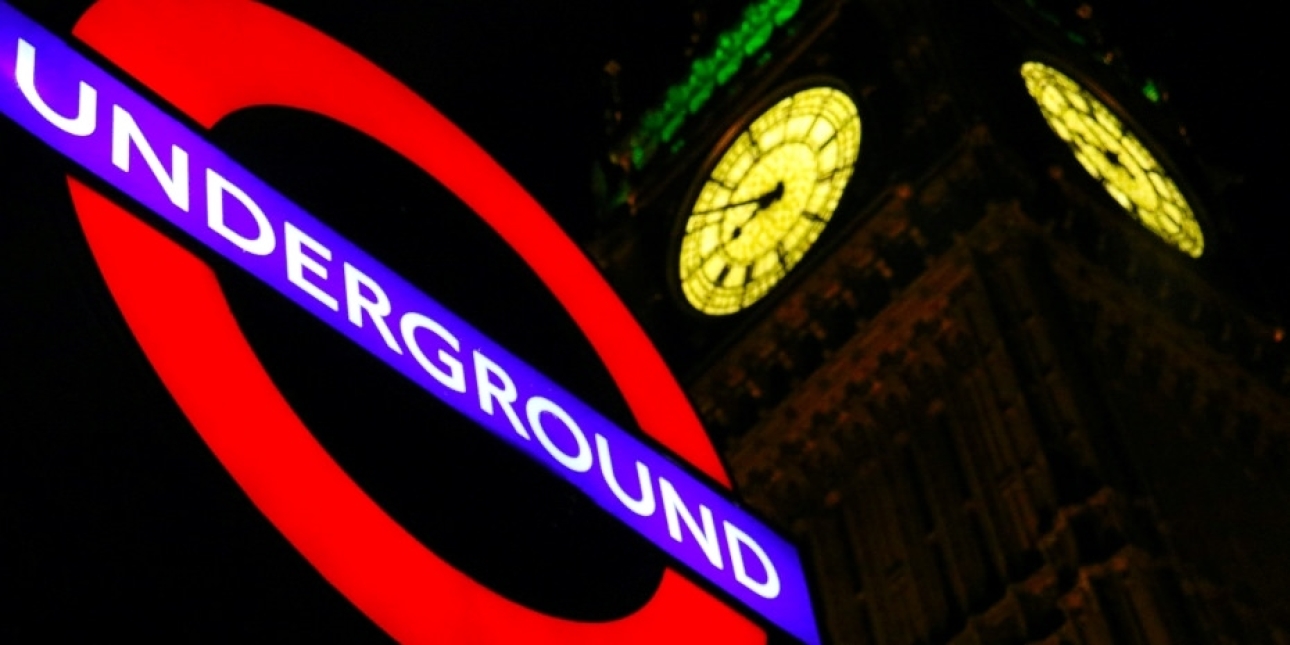PUBLIC RELATIONS
Wednesday 21st April 2021
Lobbying: Not for the Underground
In 2013 – before the Office of the Registrar of Consultant Lobbyists had been installed under the Lobbying Act - Tamasin Cave of SpinWatch gave evidence to the Political and Constitutional Reform Committee (PCRC) calling the proposed register “not fit for purpose”. The industry agreed; it would cover only a small proportion of lobbying activities and would include little meaningful information of the lobbyists required to register.
Ultimately the Act fails to do what it was intended to do – rebuild public trust in our political institutions and processes. The Committee on Standards in Public Life (CSPL) declared – ahead of the legislation coming into force – "the current arrangements and the lobbying register are not going to provide sufficient transparency and accountability to enable effective public scrutiny of lobbying."
Seven years later and those concerns have been realised as lobbying hit the front pages and looks set to stay there as more revelations of second jobs, lobbying via text message, and stakes in companies awarded government contracts come to light. It didn’t – and doesn’t – have to be this way.
New research from the CIPR shows that the public understand the need for lobbying – 59% agree that businesses and organisations such as charities, trade unions and pressure groups should be able to meet with MPs and Ministers with the intention of promoting ideas to inform and influence public policy.
The public gets what the public wants...
But 67% think the public should know more about lobbyists seeking to influence MPs and Ministers. We live in the age of information. Giving the public what you think they want might have been good enough seven years ago but it’s not good enough now.
Public trust in politics matters in providing legitimacy and a license to govern. Changes in lobbying legislation should not be viewed as a burden for legislators and organisations (particularly businesses) that seek to influence them but a renewal of that license. Trust is low for both parties. What that means for our politics has been considered by political theorists for decades;
In the 1960’s Gabriel Almond and Sidney Vebra concluded a lack of trust in politics would lead to the destabilisation of democratic political systems. In 1965, David Easton argued "the [political] system must either provide mechanisms to revive the flagging support or its days will be numbered".
Isabelle Stanley and Rod Dowler highlight practical reasons for politicians to increase public trust in them as without it "societies cannot tackle issues that require long-term planning or concerted action". This view is shared by Sophie Marien and Marc Hooghe who believe failing to improve trust would result in increased illegal behaviour. Stanley and Dowler link low trust to the rise of populism which threatens established political institutions.
These last two paragraphs should be read and considered carefully by anyone seeking to lobby and anyone being lobbied. We have an opportunity to do things better and it is as much for the benefit of the public as it is lobbyists and legislators. We should strive for more.
Photo by Nick Fewings on Unsplash

